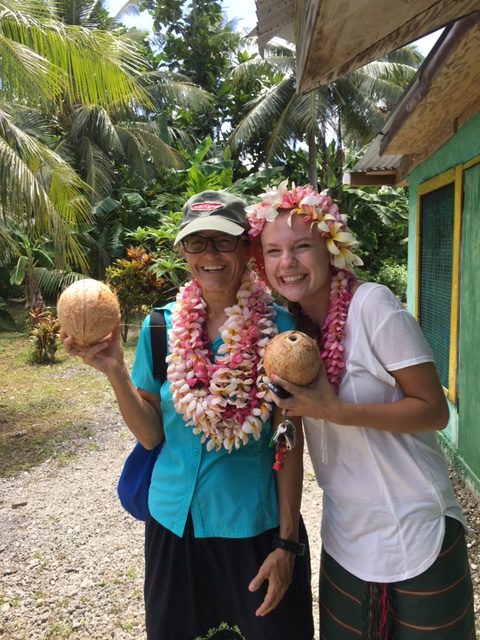In winter quarter of 2018, PATHS hosted a series of workshops covering different aspects of career exploration for humanities graduate students. This article is the first in a three-part series summarizing the advice and discussion from those workshops. PATHS would like to thank our panelists Monica Felix, Natasha Ayers, Mollie McFee, Donald Chae, and Novia Pagone for sharing their experience and expertise.
What career options are available for humanities graduate students?
There are a huge array of careers that build on skills from a humanities graduate education, and a surprisingly large community of fellow humanities scholars interested in these fields.
Plenty of people with PhDs have great outcomes and professional satisfaction outside of academia! Many professional organizations, such as the American Historical Association and the Modern Language Association, have started tracking where people with PhDs in their field make their careers. For example, even before the recession in 2008, MLA & AHA tracked that over a quarter of PhDs were working in fields outside of academia. The University of Chicago has also started tracking PhD careers– you can see a list of some of these careers here.
Many successful careers outside of academia are based on skills developed during graduate school, like writing, editing, project management, and building expertise. Some of the most popular fields for humanities PhDs to pursue include academic and arts administration, teaching and research–both inside and outside universities, marketing and communications, and government. More general career options, like consulting and entrepreneurship, can also be a good fit for humanities scholars who are motivated by things like problem-solving and building relationships. When considering careers in these types of fields, it it sometimes fruitful to look at the intersection between fields, where non-traditional applicants like a humanities PhD can build their own niche.
Remember, you’ll always be stepping into a different role with different skills no matter where you go. Consider whatever you do next to be a career transition, and start working on how to make that transition easier before you finish your degree–whether your next job is as faculty or somewhere else. Treat your future career like a research project: learn as much as you can about your options and what you need to prepare, and reflect on what that means for your personality and background. Take advantage of UChicagoGRAD resources like career guides, or other sources like ImaginePhD and Versatile PhD for researching career paths.


